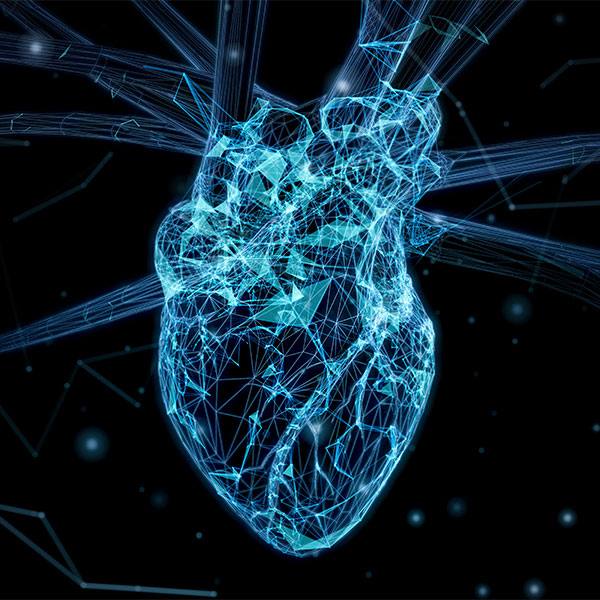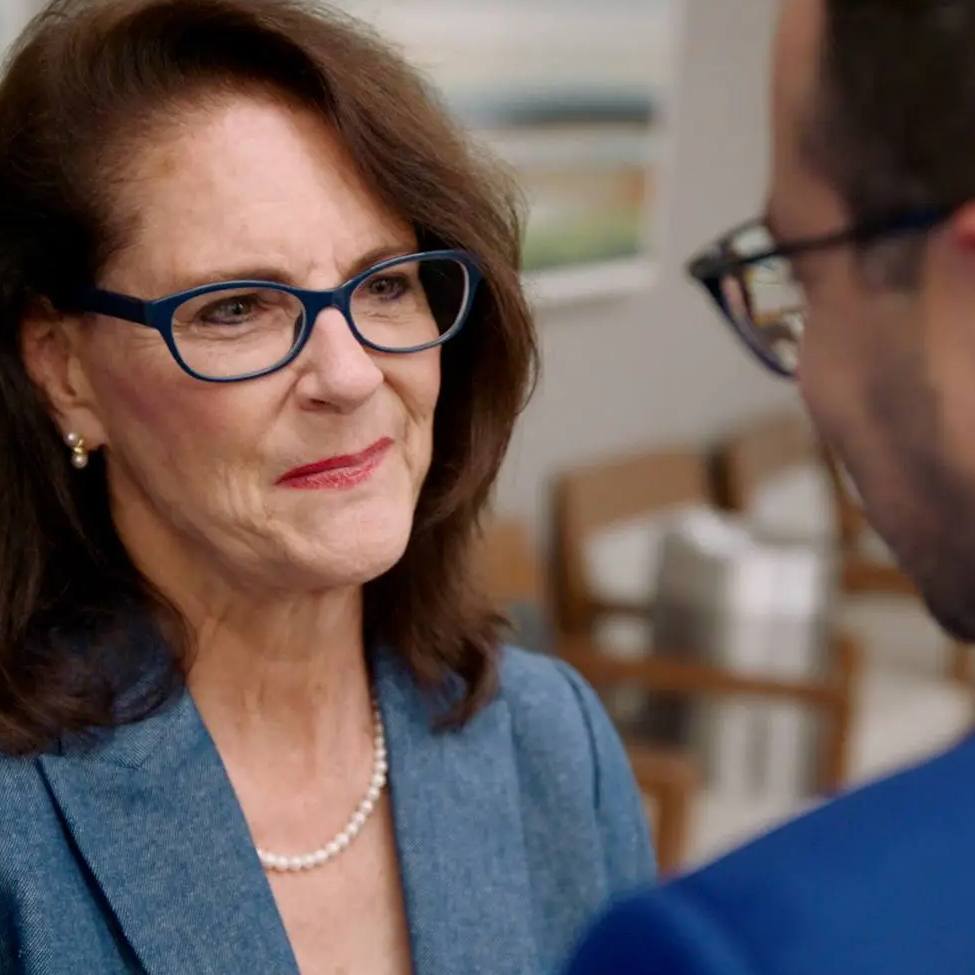-
Hurricane Dorian continues path up East Coast
As of 4 pm EDT Wednesday, Sept. 4, Hurricane Dorian is moving toward Georgia and the Carolinas, according to the National Hurricane Center.
Mayo Clinic in Florida remains closed today, Wednesday, Sept. 4, but will reopen Thursday, Sept. 5, for patients and those especially impacted and rescheduled by storm closures.
The hospital and emergency department are currently open.
Outpatient operations, including Mayo offsite locations (Beaches, Gate, St. Augustine, and Sutton Place) will also reopen Thursday for regular business hours.
Patients can call (904-953-0320) until 7 pm today, to reschedule appointments.
Check the patient hurricane hotline (904-953-7100) for updates.
Hurricane safety measures
Dr. Michael Boniface, a Mayo Clinic emergency medicine physician, says, "Taking time to review your personal health needs and add items to your supply kit before a storm is extremely valuable," says Dr. Boniface.
Watch: Dr. Boniface discusses safety before and during the storm.
Journalists: Broadcast-quality sound bites with Dr. Boniface are in the downloads at the end of this post. Please "Courtesy: Mayo Clinic News Network."
First-aid kit
At a minimum, Dr. Boniface recommends arranging a first-aid kit with items such as bandages, gauze, antibiotic ointment, handkerchiefs, and over-the-counter pain relievers and allergy medicine.
Medication management and documentation
Dr. Boniface recommends having at least three to 10 days' worth of medications on hand. Make plans for keeping medication safe, especially if they require refrigeration.
"Make sure you have enough ice and proper storage. Also, it is important to find out how the long medication can last at room temperature," says Dr. Boniface. "Additionally, make sure you have extra batteries or a backup power supply for any medical equipment, such as insulin pumps, sleep apnea machines or oxygen tanks."
Lastly, keep a list of health providers, phone numbers and medications in your emergency kit, as well as any important papers, such as medical records, health care directives and living wills.
Emergencies
While it is important to follow local, state and federal directives regarding evacuations and safety, Dr. Boniface says health issues, such as chest pain, abdominal pain or passing out, are medical emergencies and warrant a call to 911.
Learn more
Additional hurricane preparation lists and other tips are available online:
- Centers for Disease Control and Prevention
- Federal Emergency Management Association
- Department of Homeland Security
In addition, Mayo Clinic has more information on hurricane health and safety preparedness and storm cleanup tips:
- "3-day plan to eat from a can"
- "Safety tips during a storm"
- "Mayo Clinic Minute: Stay safe after storm cleanup"
- "Mayo Clinic Minute: Staying hydrated during hurricane recovery"







